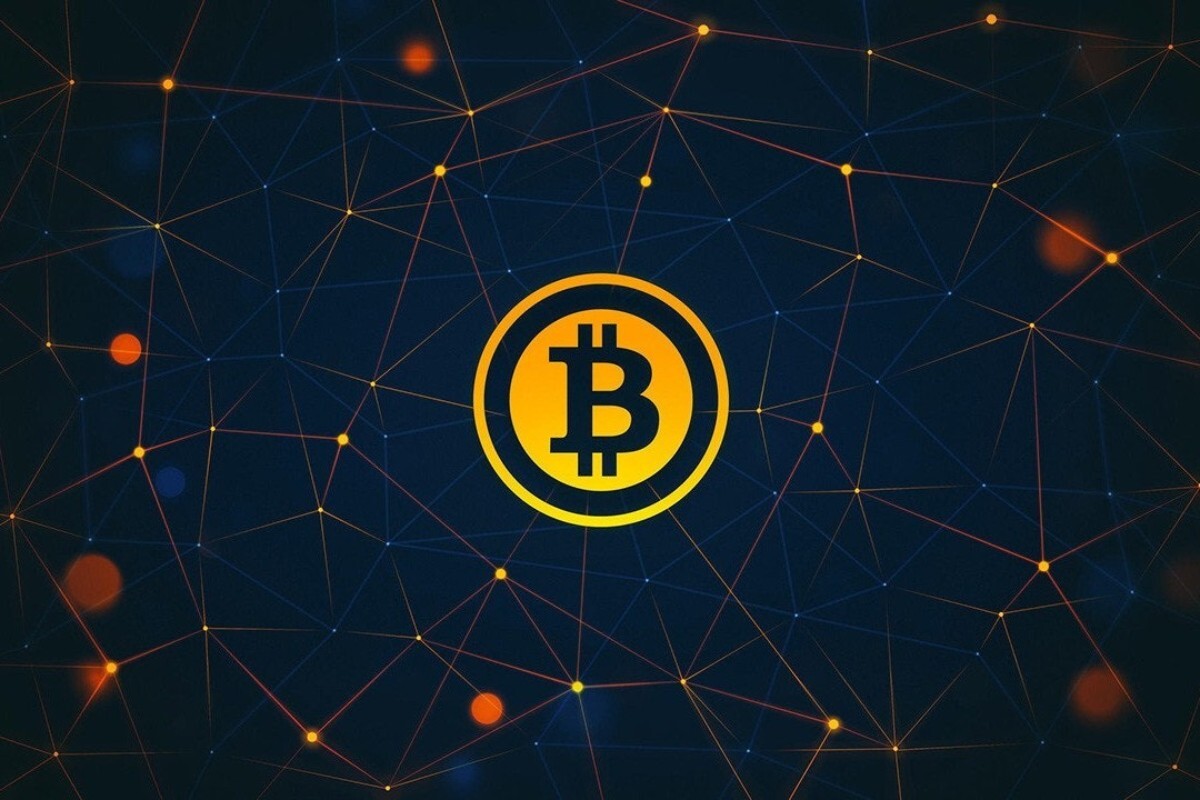is no longer a speculative asset or a technological experiment—it is increasingly being recognized as a strategic pillar of global finance, energy, and geopolitical power. As existing systems of money, energy, and technology are being reordered, the United States has a historic opportunity to leverage Bitcoin to strengthen its leadership and secure its position in the emerging global order.
Two big shifts make this clear. First, key U.S. officials are calling Bitcoin a strategic reserve asset— for the 21st century. Second, Bitcoin mining is being reframed—not as a drain on the grid, but as a building block for energy resilience and advanced computing.
Secretary of Commerce Howard Lutnick and Bo Hines, Executive Director of the President’s Council of Advisors on Digital Assets, have both recently described this moment as a new kind of “space race”—this time, centered around Bitcoin.
Bo Hines described this new competition in a recent interview: “There’s definitely a sort of space race as it pertains to accumulation of this asset—no different than there is with gold.”
The stakes are high: countries like China have begun rapidly stockpiling gold, signaling a shift back toward hard assets. Gold hasn’t been a major geopolitical factor in decades, but that could change quickly—and if it does, nations with large reserves will gain a significant strategic advantage. Bitcoin, however, offers the United States a sharper, more dynamic —one that could not only counterbalance gold’s resurgence but also tilt the global financial order further in America’s favor.
As the Bitcoin Policy Institute’s Executive Director, Matthew Pines , the United States holds a significant lead in Bitcoin accumulation: “A good estimate is that America probably holds 35 to 40% of all the available Bitcoin that’s been mined… whereas we probably hold about 8 to 10% of the total above-ground gold supply.”
If bitcoin were to monetize at merely the same pace as gold, the U.S. could find itself in a far stronger position with outsized wealth growth within our borders. As the administration looks to cement our financial position, supporting Bitcoin’s adoption could present a rare chance to reshape the global monetary system to America’s advantage.
At the same time, Secretary Lutnick’s comments point to another major shift: seeing Bitcoin mining as a national asset for energy and AI, not just a financial play.
Lutnick outlined the administration’s vision for empowering Bitcoin miners: “We’re going to make it, if you want to mine Bitcoin and you find the right place to do it, you can build your own power plant next to it… The next generation of miners in America will be able to control their destiny, control the cost of power, and I think that is going to turbocharge Bitcoin mining in America.”
This plan supports two crucial goals:
- Energy Independence: Bitcoin mining can drive new energy projects, especially using stranded or wasted energy, helping to strengthen and diversify America’s energy base.
- Compute Power: The same infrastructure built for mining can also be used to power the AI industry—giving America the capacity it needs to stay ahead in the burgeoning global AI race.
Bitcoin Policy Institute Head of Policy Zack Shapiro how the mining sector is evolving: “We’re already seeing a lot of Bitcoin mining companies or what were Bitcoin mining companies pivoting to or integrating AI… We’re seeing Bitcoin miners also spinning up AI data centers.”
Today, there are growing signs that countries are entering a race to build the most powerful AI agents—systems that could outthink, self-improve, and outperform humans. If this race accelerates, the country with the most capable AI could ultimately of the future world order. In that context, Bitcoin infrastructure, which can be easily retooled for AI compute, could become vital—not just for money, but for securing America’s geopolitical position.
The Trump administration sees these challenges and opportunities clearly. Its agenda focuses on rebuilding America’s industrial base, bringing key industries back home, and restoring the country’s financial and technological strength. New tariffs, reshoring initiatives, and a growing interest in Bitcoin all point in the same direction.
But there are only 21,000,000 coins, and the time for nation-states to gain a first-mover advantage is rapidly dwindling. As more countries and institutional investors recognize Bitcoin’s strategic value, competition for meaningful holdings will intensify, driving up acquisition costs and limiting available supply.
Forward-looking policymakers must recognize the profound changes coming to money and technology in the near future—with Bitcoin at the center of both.
If we hesitate, others—China, Russia, or other adversaries—will step into the void.
Bitcoin is no longer optional. It’s a strategic imperative.
This is a guest post by Zach Cohen. Opinions expressed are entirely their own and do not necessarily reflect those of BTC Inc or Bitcoin Magazine.
















No comments yet